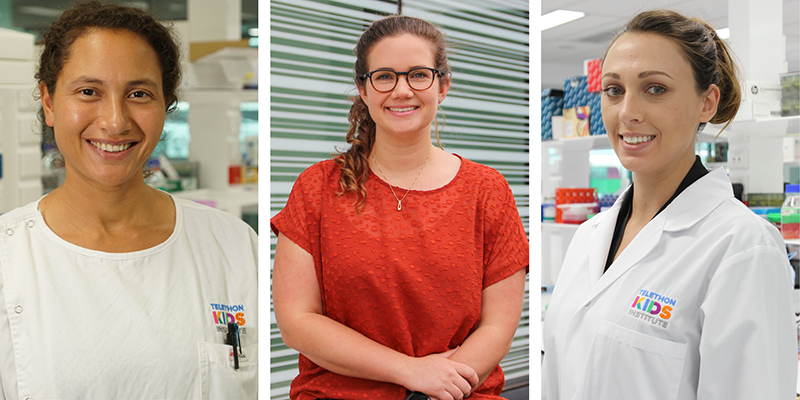Search
Showing results for "A"
Research
High-throughput quantitative N-glycan analysis of glycoproteinsThis chapter describes in detail four methods to release N-glycans from the glycoprotein of interest.
Research
The effect of siblings and family dog ownership on children's independent mobility to neighbourhood destinationsEffects of siblings and dog ownership on children's independent mobility
Research
Reversibility of trapped air on chest computed tomography in cystic fibrosis patientsTo investigate changes in trapped air volume and distribution over time and compare computed tomography (CT) with pulmonary function tests for determining...
Research
Parenting adolescents: Developing Strategies for FIFO parentsThis study was to explore the parenting patterns of families exposed to the fly-in-fly-out (FIFO) work pattern in raising adolescent children...
Research
The complement system in systemic lupus erythematosus: An updateThe complement system plays a major role in the autoimmune disease, systemic lupus erythematosus (SLE). This review highlights the many roles of complement for

News & Events
Raine Foundation grants to support key child health researchThree outstanding young researchers from The Kids Research Institute Australia have been named Raine Fellows and received valuable Raine Priming Grants to support their child health research.

Research
Examining relationships between vitamin D over the first decade of life and development of asthma and allergyThis study shows for the first time the importance of considering vitamin D levels over a prolonged period during childhood, rather than at just one or two ages
Research
Service use by Australian children for emotional and behavioural problems: Findings from the second Australian Child and Adolescent Survey of Mental Health and WellbeingThe proportion of children and adolescents in Australia with mental disorders who used services for emotional and behavioural problems
News & Events
Watch out Super Nanny - Australian parents are doing it for themselves!The first large scale scientific evaluation of group-based positive parenting programs has found that the intervention reduces behavioural problems
